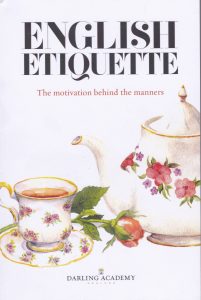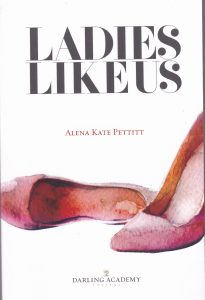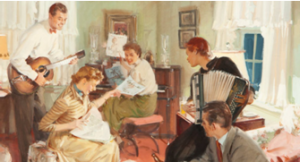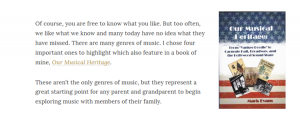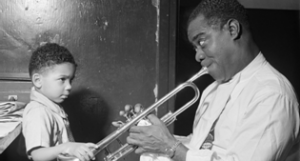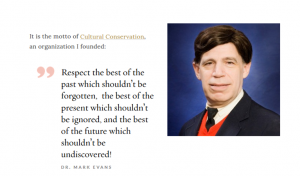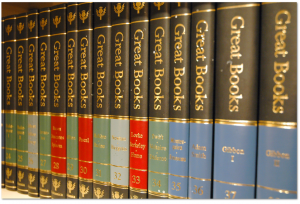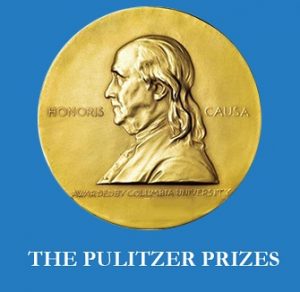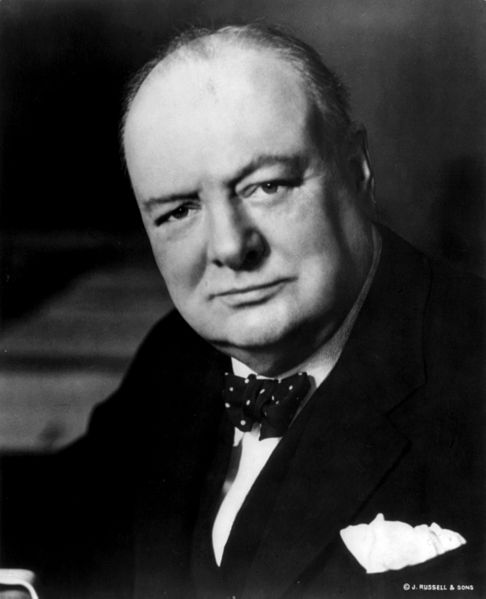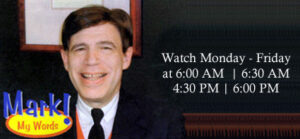 Mark! My Words, the long-running television program that introduced the idea of “Cultural Conservation”, is now a podcast. So you can hear it worldwide, not just on your local television or cable outlet.
Mark! My Words, the long-running television program that introduced the idea of “Cultural Conservation”, is now a podcast. So you can hear it worldwide, not just on your local television or cable outlet.
Part of our mission as a non-profit organization is to spread the message of devoting the same energy to preserving our cultural resources that we do to our natural resources. So we’re proud to introduce the Mark! My Words podcast available right here on this website and soon available on other platforms.
Another podcast? You may be tempted to ask, “Aren’t there enough podcasts already?” Yes, there are many podcasts, but none like this one. On Mark! My Words, you’ll hear about the people neglected, ignored, and overwhelmed by the vast pop culture. We’ll draw from our television archives which include interviews conducted by Dr. Mark Evans that you won’t find anywhere else. (Judson Hale, Editor of Yankee magazine, called Mark “always the best interviewer on the tour.” ) But of even greater importance, you can listen to Mark’s regular guidance enabling you to be certain that your children and grandchildren don’t grow up oblivious to the best of our culture.
For the latest news on how you can access the brand new Mark! My Words podcast, previews and surprises, stay tuned!
